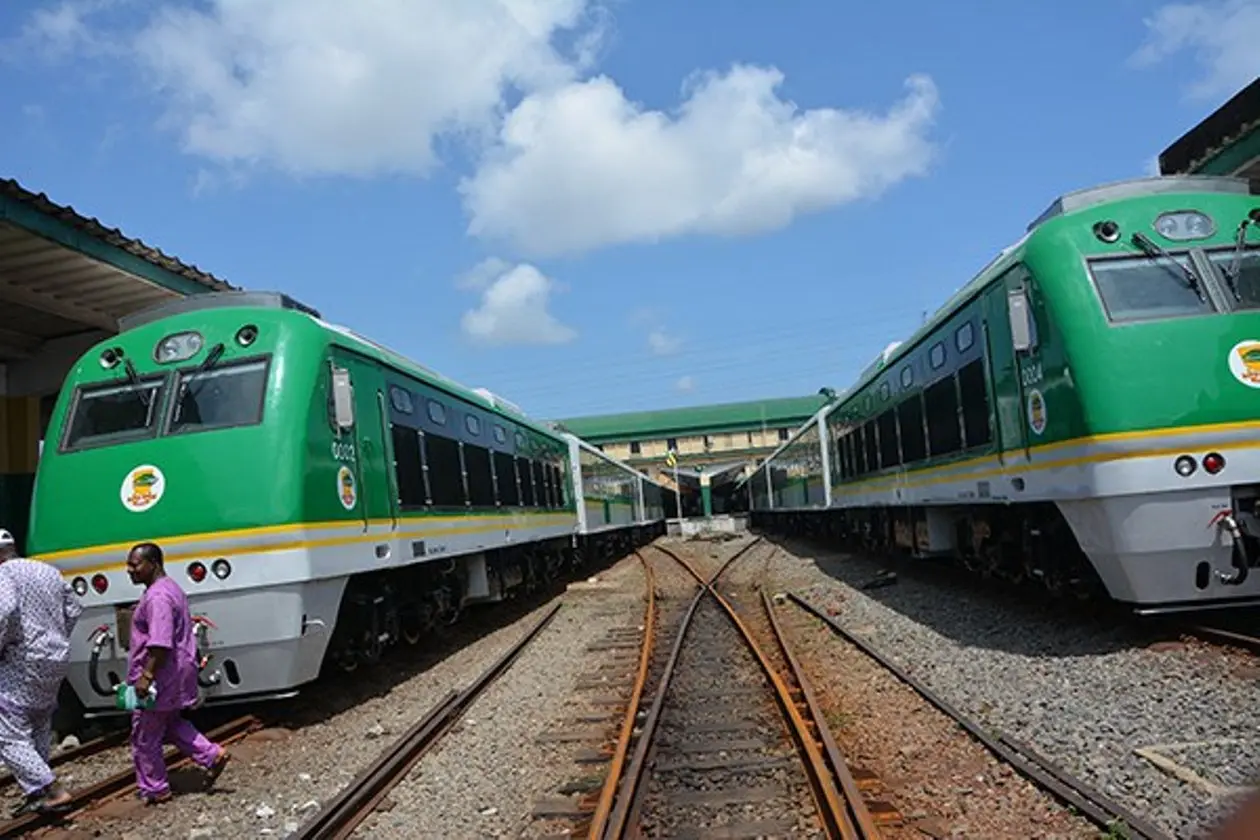The importance persons in authority in Nigeria attach to medical emergency came to the fore on Thursday morning when a policeman who was one of the escorts attached to an Abuja-bound train died as there was no medical team in the train.
It is noteworthy that the coaches on the train have the capacity to take about 900/1000 passengers per trip and most times the train carries a full load.
For instance on 28 March 2022 when terrorists attacked an Abuja bound train from Kaduna about 970 passengers were on board.
Yearly, politicians allocate huge resources for the most mundane while sufficient allocation of financial resources to improve and maintain the general public’s health is trivialised.
A passenger, who witnessed the incident, said there was no indication that the deceased was ill when the train left Kaduna for Abuja.
The witness said the late officer later complained of chest pain and sought help before he died.
“A police officer, who was one of the escorts on a Abuja-Kaduna train just died. He left home in good health. But later during the journey, he complained of chest pain and asked his colleague to get him some glucose and water.”
“There was no emergency medical care on the train. Before a doctor, who was also a passenger, could come, the officer was already dead,” the passenger said.
After the officer died, his remains was moved to a side of the train, while his face was covered.
Videos seen by our correspondent showed passengers gathered discussing the fate of the deceased.
The train arrived at Kubwa in Abuja around 3:20pm after which passengers disembarked.
Security operatives on ground prevented passengers from recording the incident.
About 20 minutes after the arrival of the train, some police van drove into the station to pick the corpse to a mortuary.
Attempts to reach Mahmoud Yakubu, Public Relations Officer of Nigeria Railway Corporation, did not yield result at the time of filing this report as his telephone line was switched off.





